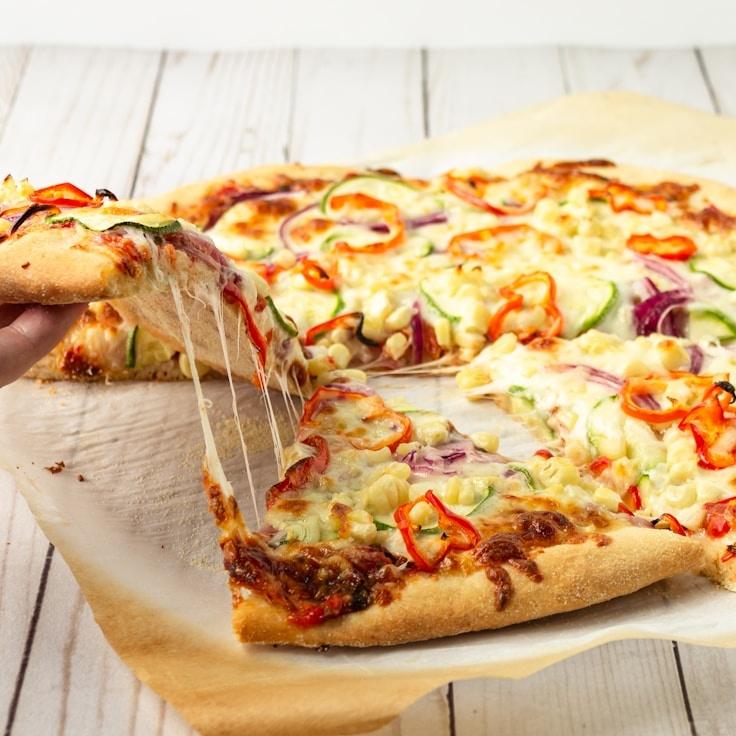At SproutPantryButter, we're of the mindset that the best pizza is built on top-notch dough. With over 30 years spent refining our formula, we're thrilled to divulge a few of our dough secrets. While the full recipe remains a closely guarded treasure, we offer you these guiding principles to craft pizzeria-level pizza dough in your kitchen.
The Flour Matters
The cornerstone of superior pizza dough is premium flour. We advocate for 00 flour, a superfine Italian variety with a moderate protein level (approximately 12%), achieving an ideal mix of elasticity and softness. In the absence of 00 flour, a viable alternative is bread flour, which may slightly alter the texture.
Water Temperature and Hydration
Water temperature is crucial for regulating fermentation duration and dough maturation. Opt for cool water around 45°F (7°C) for a lengthier fermentation that enriches the flavor. Warmer water at about 85°F (29°C) is suited for an expedited fermentation. Aim for a water to flour ratio within 60-70% to suit most domestic ovens.
Minimal Yeast, Maximum Time
The key to a full-flavored dough is minimizing yeast use and maximizing fermentation time. With just 0.2% fresh yeast in relation to our flour weight, our dough undergoes fermentation for 24-48 hours. This gradual process not only develops deeper flavors but also yields a dough that's more digestible.
Salt: Not Just for Flavor
More than simply enhancing the taste, salt reinforces the gluten framework and modulates fermentation. We propose utilizing fine sea salt at 2.5-3% of the flour weight, adding it after the flour and water have begun to mix, keeping it away from the yeast.
The Art of Fermentation
Post-mixing, the dough should undergo an initial fermentation at room temperature for about 2 hours, followed by division into balls for individual pizzas. Encase them in lidded containers and chill them for 24-72 hours. The cold fermentation phase transforms starch into sugars, intensifying the flavor and contributing to our crust's appealing browning.
Handling with Care
Prior to baking, allow the dough to acclimate for 1-2 hours at room temperature. Treat the dough delicately to maintain the internal bubbles. Use your fingers to gently press and stretch the dough, preserving those essential air pockets instead of flattening with a rolling pin.
The Final Touch: Heat
Though our ovens might reach 850°F (454°C), average home ovens tend to top out at 550°F (288°C). Counteract this by preheating a pizza stone or steel for a solid hour to mimic the intense bottom heat that produces a crisp shell and an airy center.
The pursuit of perfect pizza dough is an ongoing process full of learning opportunities. Keep a record of your experiences, tweak parameters, and unearth the techniques that deliver the best results in your home kitchen.
For those eager to witness our dough-making technique first-hand, consider attending one of our monthly pizza workshops where Chef Julien will demonstrate these methods in more detail. Look at our event schedule for the upcoming sessions!

